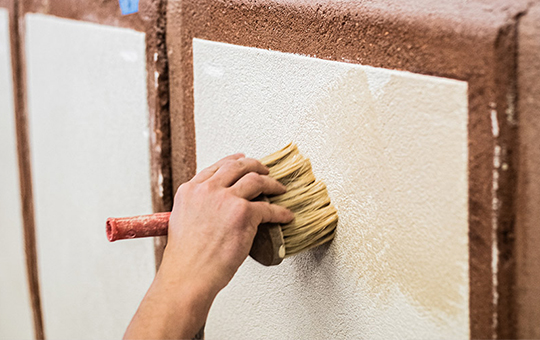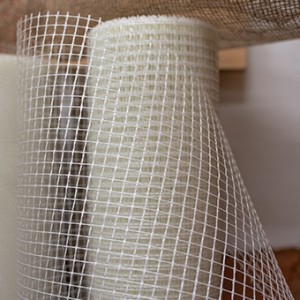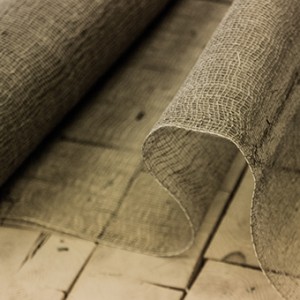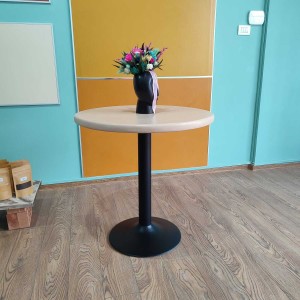Description
Cellulose primer or finishing primer is used for priming the finishing layer of clay and lime plaster. The purpose of the cellulose primer is to give the clay plastered surface strength and abrasion resistance. Also suitable for priming clay and lime paints on highly absorbent substrates before painting or plastering.
The base surface
The base surface must be absorbent, structural and clean of dust, paints (acrylic, oil, etc. non-absorbent smooth, glossy paints) and lubricants (oils, greases, etc.).
Conditions
The temperature of the substrate and the surrounding air must be higher than 5°C.
Preparation of the mixture
Take a cordless drill, a paint mixer and a clean container where you will prepare the primer. Pour 1/3 of the prescribed amount of water into the container (marked on the box package or in the table below). Add the primer powder little by little while mixing. Clean the edges of the container. Mix until the mixture is smooth and there are no more lumps. Add water little by little while mixing until you have added the total amount of water as indicated on the package. Let the mixture sit for at least two hours. A mix is desirable to be mixed a day before use.
The powder must be completely dissolved, if necessary, strain and remove the foam and lumps formed during mixing with a napkin.
For light shades (snow white, white), dissolve the powder with water in the ratio: 1 g powder/300 ml water.
For other shades: 1 g powder/250 ml water.
For priming basic plasters: 1 g powder/200 ml water.
Installation
Clean the base from dust and wipe the sand from the plastered surface with a sponge or brush. For priming, use a soft brush with natural bristles and apply the primer evenly on the surface with light movements in different directions. Do not use the spray roller or paint for priming. In the case of clay plaster and clay paint, do not brush on one spot for a long time, as the primer can damage the dissolved surface (ie, do not “smear” by melting the clay, which can make the surface mottled). When applying the primer with a brush, it is enough to dip the brush in 1-2 cm of the solution. Shake the excess solution into the container. Apply only as much primer to the surface as the surface can absorb. If the solution runs onto the surface to be primed, try to dry it evenly by dabbing with a brush or clean cloth/paper. If necessary, prime in two coats. Cleanliness must be observed when working. Note that the primer makes the tone a little brighter. After use, close the container and wash the tools with water.
Material consumption
Depending on the flatness of the substrate and the number of layers, 1g/m².
Hazards
Avoid getting the solution in the eyes. If the product gets into the eyes, wash with saline solution. Keep out of reach of children.
Storage
Store hermetically in dry conditions











Reviews
There are no reviews yet.